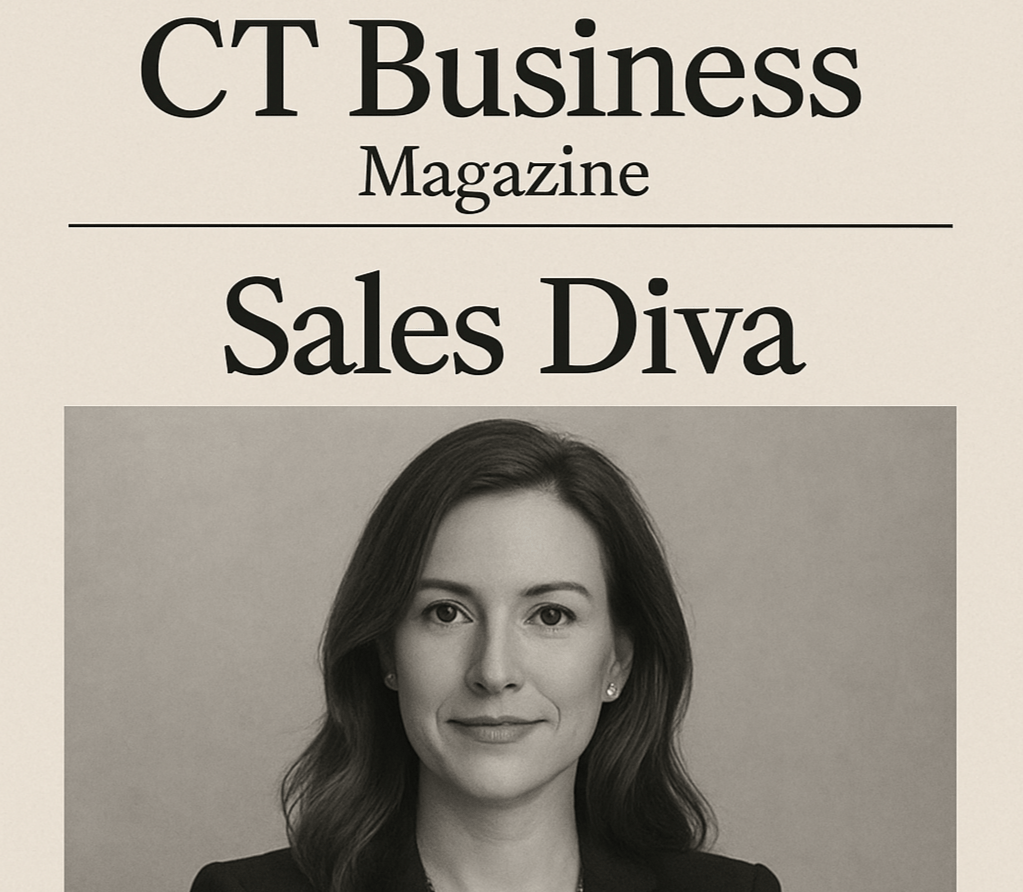Published: December 23, 1998
Tom Caruso | Stamford Advocate
Businesses say gifts are important to client relationships
You’ve probably been the recipient at one time or another of a gift from someone in the business community, especially around the Christmas holidays.
You know, those pens, T-shirts, duffle bags and myriad other products with a company logo on them.
So, what’s the gimmick? Why are you getting these attractive trinkets?
No gimmick: Marketing companies that provide gifts to their clients’ best customers are in a $1.8 billion a year business in the United States alone. And it’s growing every year.
The average corporate gift costs between $35 and $100, and nearly two-thirds of top management in the United States have direct influence over the gifts they give, according to Brookfield-based Candlewood Marketing Associates LLC.
“Giving good business gifts is paramount,” said Ray Kish, president of Candlewood Marketing. “It’s the epoxy that holds profitable relationships together. It’s right at the top rung of the marketing ladder, in terms of importance, because you show your creativity.”
Sometimes that creativity means steering clients in the right direction, Kish said.
“You know, sometimes a client wants the company name and logo to be a little too out standing. We get them to see that it’s better to use the name and logo in a more dignified way. Some people object to wearing something with too large a company name and logo because they say they feel like a walking billboard. Look at how popular and accepted the Polo logo is. It’s small, but noticeable and has high recognition.”
Bob Stepanian, president of Greenwich-based Promotions Concepts Inc., agrees with Kish, but said giving gifts shows customers gratitude.
“It’s showing your appreciation to employees or clients with whom you’ve been working side by side and who have helped you or whom you’ve helped,” said Stepanian. “It’s saying ‘thank you for your business.’”
Promotional Concepts provides gifts from T-shirts to golf items, mugs, hats and tote bags for corporate clients. The company has about $1.5 million in annual sales, Stepanian said.
Stepanian, who practices what he preaches, said he planned to hand-deliver gifts with his company’s logo to local clients.
Gift giving to clients requires a lot of thought and skill, said Antoinette Allocca, head of Stamford-based Essential Data Corp., which provides specialized technical writing and training services in the computer field to more that 100 companies, including about 50 on the Fortune 500 list.
“You must be very careful not to offer gifts when you’re in the negotiating stage with a prospective client,” Allocca said. “You don’t want the gift to be misunderstood as a bribe, so it should be given as a gracious thank you at some point in the relationship.”
Giving gifts in the 1990’s, Allocca said, replaces the power lunch. “What we’ve noticed is gift giving is in place of a lunch that lasted three hours in the ‘80’s. Today, corporate people are afraid of losing their job, so those kinds of lunches are gone.”
Allocca said her company offers a variety of gifts as a way to show her appreciation for a client’s business.
“We may offer theater tickets, or say ‘Look, you don’t have time for me, so as a thank you, I’m sending you and your husband or wife to dinner,’ Or we may give them basketball tickets or tickets to a sporting event or musical. When it’s given without being asked for and is completely unexpected and just as a thank you, it’s received as such.”
She said her company spends as much as $30,000 a year on such gifts. “The success of gift giving is tremendous. You can see the results, in that a gift never goes unappreciated. The gift grows the relationship into a lifetime relationship.”
For Susan Lebedevitch, in charge of sales at Westport-based CC&P, which specializes in corporate gift giving, the underlying motive is to build successful business relationships.
“It’s just a good way to acknowledge loyal customers,” she said. “It’s done as a measure of goodwill, not so much about developing more business.”
CC&P, operated by Westport resident Janice Flynn, has been in business about 13 years, Lebedevitch says. She said corporate gifts there range from $50 to $300 per person. So a company that wants to give a gift to 50 of its most valued customers could spend more than $10,000.
“The client supplies us with the price range they’re interested in and the quantity of gifts needed and we show them what’s available.”
But how does a corporate client measure the success of a gift, regardless of the motive behind it?
“About the only way you can do that,” Lebedevitch said, “is to see if the volume of business you do with that customer stays status quo, or if it’s grown.”
Jack Pollina, vice president of Rye Brook, N.Y.-based Hoeing & Co., a brokerage firm, said he has no trouble measuring the success of the gifts his company gives.
“It’s easy to measure the success of gift giving,” Pollina. “Many clients call me and thank me for sending them the gifts.”
Pollina is a client of Stepanian’s Promotional Concepts. He said his New York office alone spends about $25,000 a year on gifts to customers.
Why? “To throw my name in their face, to be blunt about it. It’s not a matter of getting something in return; it’s a reminder of who we are. Customers appreciate the gifts. If you pick the right one, they’ll use it all the time,” he said.
Many of Pollina’s customers are golfers, he said, so he sends them golfing-related items. “although I’ve also sent out mouse pads, coasters, coffee mugs, and clocks.”
Convinced that the corporate gift giving accomplishes his purpose, Pollina sends them to customers at other times during the year, not just the Christmas season, “although that’s the biggest time for it.”
According to Candlewood Marketing, about 75 percent of companies give holiday gifts in the latter part of December, coinciding with Hanukkah or Christmas. But a new trend is developing. Many companies now try to distinguish themselves for the gift-giving pack and send them out at Thanksgiving and New Year’s according to Candlewood Marketing.
“We do a lot of spring times, “Pollina said. “We even do some in the summer, especially if there’s a special golfing event going on, like when the PGA (The Professional Golfers’ Association of America) comes around.”
A lot of companies not only thank customers through giving gifts, they also express their appreciation to employees in the same way.
Mike Spizzirri, an account executive with Stamford-based Adconcepts, said many of the company’s corporate clients buy gifts for employees as an incentive.
“They’ll give their employees attractive plaques with the employee’s name on it and the volume of sales that employee did.”
Spizzirri said Adconcepts, operated by Charlie Kelly of New Canaan, has been in Stamford about 20 years and does about $1 million a year.
He said corporate gifts can run from $5 each “to $600 and even $1,000. There’s quite a range.”
Watches, pens, mugs and coasters aren’t the only gifts going out to employees and valued clients. Fruit baskets are a hot item too.
“We recently filled an order for 63 baskets for a company that gave one each to their employees and customers,” said Sam Colletto of Stamford.
Colletto has operated Martina’s Fruit & Gift Baskets on West Broad Street for the past 3 ½ years. It’s one of several businesses in lower Fairfield County that prepare elaborate gift baskets for individuals, small companies and corporate clients.
From his point of view, Coletto said, companies send gifts to customers through firms such as his “as a matter of convenience, it more or less takes the burden off them during their busy schedules.”
Colletto said he often asks his corporate customers why they send the gifts. “I like to pry. What they tell me, generally, is they do it to show their appreciation for their business.”
Sometimes, Colletto said, the gifts “Even before they have the customer, some of my customers will send a prospective client a gift basket. I had a contractor, for example, who sends a prospective customer a basket saying thanks for allowing us to submit our bid. Thanks for listening to what our firm has to offer. The customer called and thanked them profusely and they got the job. So it’s a great marketing tool, too. And it works nine out of ten times.”
Colletto also said that in today’s climate people don’t say thank you enough. Too many people are taking instead of giving. But the ones who give, get back,
Along that line, Candlewood Marketing’s Kish said something similar when it comes to the long-term success of client and employee relationships.
Estimated reading time: 7 minutes





0 Comments